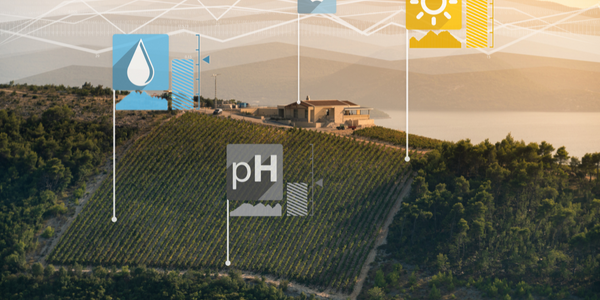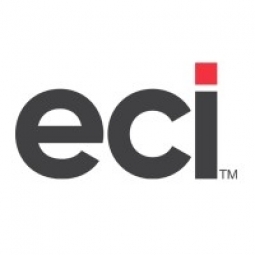Customer Company Size
SME
Region
- America
Country
- Canada
Product
- E2 Shop System
Tech Stack
- Database Management
- Handheld Scanners
Implementation Scale
- Enterprise-wide Deployment
Impact Metrics
- Productivity Improvements
- Waste Reduction
Technology Category
- Functional Applications - Enterprise Resource Planning Systems (ERP)
Applicable Industries
- Oil & Gas
- Aerospace
- Agriculture
Applicable Functions
- Discrete Manufacturing
- Quality Assurance
Use Cases
- Manufacturing System Automation
- Inventory Management
Services
- System Integration
- Training
About The Customer
Solid Industries is a machining service provider based in Calgary. For nearly two decades, the company has been catering to the machining needs of various companies in the region. While a significant portion of its clientele comes from Alberta's thriving oil and gas industry, Solid Industries has also expanded its services to other sectors such as farming and aerospace in recent years. The company's growth over the years necessitated a more robust system to manage its operations efficiently.
The Challenge
Solid Industries, a machining service provider for various industries, was facing challenges in managing its growing business operations. The company was relying on manually created documents and an internal database developed by an employee for managing its processes. However, these systems were not robust enough to provide the necessary data or control required by the shop’s managers. The lack of a comprehensive system made it difficult to locate important information, leading to inefficiencies and waste.
The Solution
To address its operational challenges, Solid Industries decided to implement the E2 Shop System, a comprehensive software platform designed to manage a wide range of functions including quoting, materials, scheduling, and shipping. The company chose E2 due to its user-friendly interface, which made it easy for employees to learn and use. The software's ability to sort and locate important information quickly and efficiently was a key factor in improving the company's operations. Solid Industries also integrated handheld scanners into their shop, allowing team members to track work by scanning a traveler as the job moves through their station. This provided real-time information about the status of any job at any time.
Operational Impact

Case Study missing?
Start adding your own!
Register with your work email and create a new case study profile for your business.
Related Case Studies.

Case Study
Taking Oil and Gas Exploration to the Next Level
DownUnder GeoSolutions (DUG) wanted to increase computing performance by 5 to 10 times to improve seismic processing. The solution must build on current architecture software investments without sacrificing existing software and scale computing without scaling IT infrastructure costs.

Case Study
Intelligent Farming with ThingWorx Analytics
Z Farms was facing three challenges: costly irrigation systems with water as a limited resource, narrow optimal ranges of soil moisture for growth with difficult maintenance and farm operators could not simply turn on irrigation systems like a faucet.

Case Study
Remote Wellhead Monitoring
Each wellhead was equipped with various sensors and meters that needed to be monitored and controlled from a central HMI, often miles away from the assets in the field. Redundant solar and wind generators were installed at each wellhead to support the electrical needs of the pumpstations, temperature meters, cameras, and cellular modules. In addition to asset management and remote control capabilities, data logging for remote surveillance and alarm notifications was a key demand from the customer. Terra Ferma’s solution needed to be power efficient, reliable, and capable of supporting high-bandwidth data-feeds. They needed a multi-link cellular connection to a central server that sustained reliable and redundant monitoring and control of flow meters, temperature sensors, power supply, and event-logging; including video and image files. This open-standard network needed to interface with the existing SCADA and proprietary network management software.

Case Study
Refinery Saves Over $700,000 with Smart Wireless
One of the largest petroleum refineries in the world is equipped to refine various types of crude oil and manufacture various grades of fuel from motor gasoline to Aviation Turbine Fuel. Due to wear and tear, eight hydrogen valves in each refinery were leaking, and each cost $1800 per ton of hydrogen vented. The plant also had leakage on nearly 30 flare control hydrocarbon valves. The refinery wanted a continuous, online monitoring system that could catch leaks early, minimize hydrogen and hydrocarbon production losses, and improve safety for maintenance.









